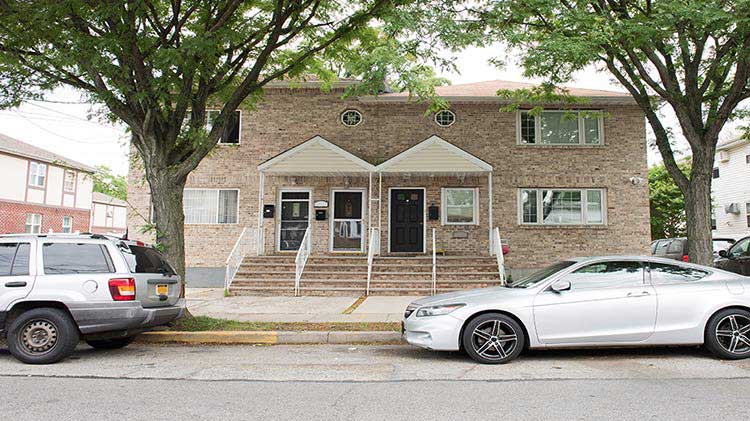How to decide if buying a condo is right for you
Weigh the pros and cons before you make the big decision.
Thinking about buying a condo? It's important to know what you might be getting into. Here are some things to help you decide if condo living is right for you.
What is a condominium?
When you buy a condo, you own an individual unit within a shared complex. Unlike an apartment, you have the freedom to renovate and customize your space. But, you typically have to share a wall or two, which gives you less privacy than a single-family home. Buying a condo means you agree to be a member of the homeowners' association (HOA) and must follow their rules and pay any required HOA fees.
Pros and cons of buying a condo
Consider all the options before you decide.
Pros of condo living
- Low or no outdoor maintenance ― Typically, you don't need to worry about things like lawn mowing, cleaning gutters or landscaping.
- Location ― When compared to single-family homes, condo units are often in the middle of the action and close to dining and entertainment.
- Lower cost ― Condos could be more affordable than other homes in the same area.
- Amenities ― Every condo building offers different amenities (some charge extra fees), but some common amenities that you could enjoy are a gym, pool, parking garage, community rooms, rooftop terrace or pet area.
- Good neighbors ― Nearby neighbors and shared common spaces make it easy to meet new people and create a sense of community.
Cons of condo living
Get a unitowners insurance quote
Want to protect your condo?
- Interest rates ― Condo mortgages may be higher than single-family home or townhomes, in part due to the added risk of being part of a shared complex. Loan requirements may be stricter with a condo than a home since you and the condo association must meet certain eligibility guidelines.
- Fees ― In most condo buildings, there's a required HOA fee that covers things like insurance, maintenance in common areas, outdoor maintenance or upkeep on amenities.
- Lack of privacy ― Your neighbors are in close proximity, and you'll likely share walls and common spaces, so be prepared for less privacy than a single-family home.
- Slower appreciation ― Condos tend to appreciate at a slower rate than single-family homes.
- Rules ― Condo associations have all kinds of rules, like quiet hours, pet policies and lawn ornaments, so make sure all of the rules fit your lifestyle.
What is a special assessment?
A special assessment is typically a large fee charged to cover a big project within a condo community, like a structural repair to the building or roof replacement. If you're buying a condo, it's really important to know if a special assessment is in the future plans. If it is, there's a chance the association fees could go up for a period of time to cover that cost.
What questions should I ask when buying a condo?
If you decide to look at condos, make sure to ask questions to help you decide if condo living is right for you.
- Are there HOA or condo association fees? If so, how much are they and when are they due?
- What do the fees cover? Mowing, landscaping, parking, trash, water, etc.
- How old is the condo building?
- What amenities are offered?
- Where can I find the association rules?
- How many units are in the building?
- How many units are owner occupied?
- How many parking spots are assigned to each unit?
- Is there extra storage available?
- Are pets allowed?
- What type of outdoor maintenance (windows/doors) is typically done for each condo?
- How are special assessments handled?
Whenever you're ready to take the next step and buy a condo, be sure you're protected with condo insurance. Here's a list to help you know what's covered.



